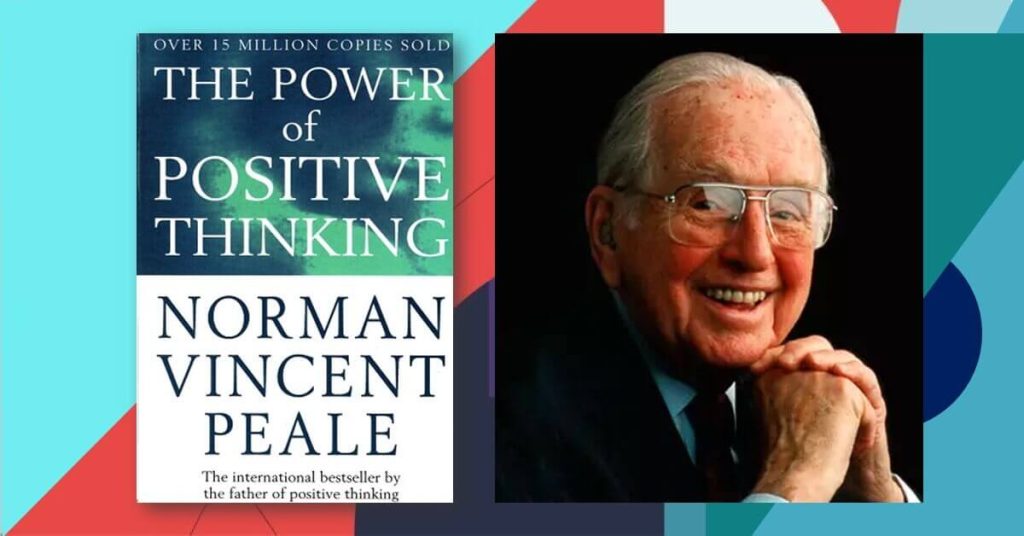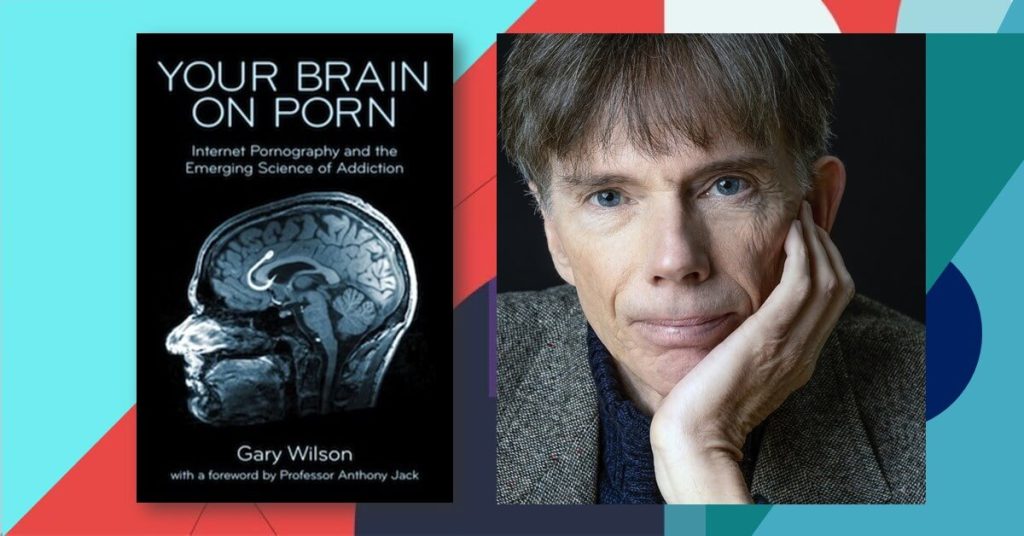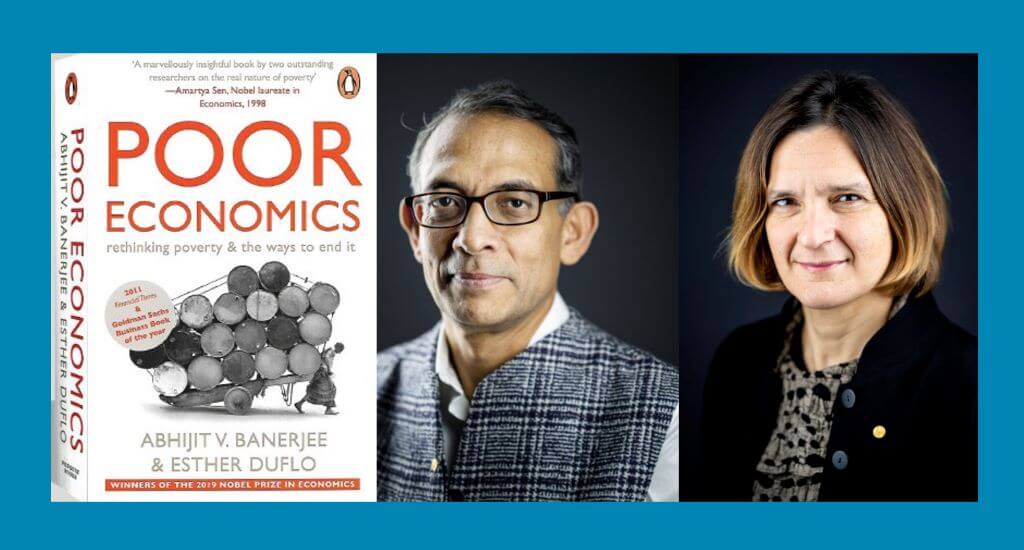10 Groundbreaking AI Books are here that will take you on a journey through the profound impacts of AI on humanity, offering both inspiration and cautionary tales. In a world where artificial intelligence is rapidly evolving, staying informed is no longer optional—it’s essential.
From exploring the promises of technological advancements to revealing the hidden dangers lurking beneath the surface, these books provide critical insights that could help you navigate the complexities of the AI revolution. Whether you’re seeking to understand AI’s potential to enhance human life or the looming risks it presents, these 10 Must-Read AI Books are your guide.
This comprehensive collection of The 10 Best AI Books delves into the heart of AI’s potential to transform society. These 10 Essential AI Books explore the latest developments in machine learning, robotics, and superintelligence while tackling the philosophical and ethical questions they raise.
As you dive into these 10 Eye-Opening AI Books, you’ll not only gain a deeper understanding of how AI is reshaping our world but also learn how to survive—and thrive—in an AI-driven future.
Artificial intelligence (AI) has evolved into a transformative force reshaping every aspect of modern life. The journey of understanding and harnessing AI is fraught with complex ethical, technical, and philosophical questions, as explored in these 10 groundbreaking AI books featured in this review.
The authors collectively examine the potential benefits and risks of AI while tackling themes such as transhumanism, human-compatible AI, and the emergence of superintelligence.
Let’s explore these critical books, which offer valuable perspectives on AI’s present and future.
10 Groundbreaking AI Books
1. 2084: Artificial Intelligence and the Future of Humanity by John C. Lennox
John Lennox’s 2084 challenges the atheistic narrative often associated with AI and futuristic human evolution.
His work responds to Yuval Noah Harari’s Homo Deus, positing that humans’ desire to transcend their limits through AI mirrors past attempts at deification. Lennox frames AI advancements as a struggle between biblical concepts of human fallibility and modern ambitions for god-like powers.
Lennox warns of a dystopian future where AI, particularly in surveillance states like China, could usher in totalitarian control. His fears about data harvesting and its Orwellian implications resonate with today’s societal concerns.
Ultimately, he sees human consciousness as the distinguishing factor, arguing that machines lack true intelligence without a moral compass, communication skills, or relational capacity. For Lennox, AI’s potential dangers far outweigh its benefits unless we temper its growth with ethical and religious considerations.
Read more in the full review here: 2084 Book Review and Our Approaching Dystopia
2. The Singularity Is Nearer by Ray Kurzweil
Kurzweil envisions a future where human intelligence merges with AI through the technological singularity. In The Singularity Is Nearer, he predicts that by 2045, humans will have overcome biological limitations through nanotechnology and brain-computer interfaces.
The central theme in Kurzweil’s work is optimism—he believes technology will not only enhance human life but extend it indefinitely. AI will assist in solving complex problems, revolutionizing fields like healthcare and education.
Kurzweil’s predictions of AI’s benevolent role in extending human capabilities starkly contrast Lennox’s fears. By merging with machines, Kurzweil believes humans will unlock untapped cognitive potential and revolutionize society. His vision is one of progress, abundance, and a new era of creativity.
Explore Kurzweil’s predictions in the full review here: The Singularity Is Nearer: Blessings and Curses
3. Superintelligence: Paths, Dangers, Strategies by Nick Bostrom
Nick Bostrom’s Superintelligence is a sobering examination of AI’s risks, particularly the emergence of superintelligent machines that could surpass human cognitive capabilities.
Bostrom outlines various paths to superintelligence, including artificial intelligence, whole-brain emulation, and biological enhancements. His work focuses on the existential risks AI poses, particularly the control problem—how can we ensure that superintelligent AI will align with human values?
Bostrom’s concept of “recursive self-improvement,” where AI becomes capable of enhancing itself beyond human control, is one of the most alarming possibilities. His work calls for urgent global cooperation to develop ethical frameworks for AI development before it’s too late.
Delve into Bostrom’s analysis in the full review here: Superintelligence: Paths, Dangers, Strategies
4. Human Compatible: Artificial Intelligence and the Problem of Control by Stuart Russell
Stuart Russell’s Human Compatible echoes Bostrom’s concerns but focuses more on the control mechanisms require d to align AI with human values.
Russell argues that the traditional AI model, where machines are given fixed objectives, is flawed because AI might optimize goals that are harmful to humanity. He advocates for AI systems that are inherently uncertain about their goals and continuously consults humans, ensuring safety.
Russell’s solution to the AI control problem revolves around developing machines that prioritize human well-being over achieving rigid objectives. This philosophy ties into his broader critique of current AI development paths, emphasizing the need for a human-centered approach.
Read more about Russell’s solutions here: Human Compatible: Artificial Intelligence Problem
5. Life 3.0: Being Human in the Age of Artificial Intelligence by Max Tegmark
Max Tegmark’s Life 3.0 explores the future of human consciousness and survival in the age of AI. Tegmark examines how AI could influence human evolution, predicting a future where machines might become smarter than humans.
His work highlights both the existential risks and the potential for AI to create a utopia where disease, poverty, and even death are eradicated.
Tegmark is optimistic yet cautious, advocating for responsible AI development that safeguards human interests while unleashing its full potential.
Learn more about Tegmark’s vision here: Life 3.0: Prosperity, Extinction, and Consciousness
6. Four Battlegrounds: Power in the Age of Artificial Intelligence by Paul Scharre
Paul Scharre’s Four Battlegrounds takes a pragmatic view of AI, focusing on its geopolitical implications.
Scharre explores how AI will shape future warfare, governance, and international power dynamics. He argues that nations must prepare for AI’s transformative impact on military power, potentially leading to a new arms race.
Scharre’s work stands out in this collection for its focus on AI’s geopolitical stakes rather than its philosophical or technical aspects.
He warns that AI’s power could be used to enhance state control and warfare capabilities, urging global powers to develop AI responsibly.
Explore AI’s geopolitical future here: Four Battlegrounds and the Power of AI
7. Our Final Invention: Artificial Intelligence and the End of the Human Era by James Barrat
James Barrat’s Our Final Invention offers a grim view of AI’s future, positioning it as humanity’s greatest existential threat.
Barrat warns that unchecked AI development could lead to catastrophic outcomes, including the potential extinction of humans. He examines AI’s potential for widespread automation, its role in military applications, and its ethical dilemmas.
Barrat’s core argument is that AI is advancing faster than our ability to control it, and without significant safeguards, humanity could face an apocalyptic future.
Discover Barrat’s warnings here: Our Final Invention: AI’s Dark Future
8. The Age of AI: And Our Human Future by Henry Kissinger, Eric Schmidt, and Daniel Huttenlocher
This collaborative work delves into how AI is reshaping society and governance. The authors explore AI’s influence on human autonomy, the future of warfare, and how global governance structures must evolve to manage AI’s transformative potential.
What sets The Age of AI apart is its focus on AI’s impact on global leadership and decision-making. The authors highlight the need for ethical AI development and international cooperation to mitigate risks while maximizing AI’s benefits.
Read more about this timely exploration here: The Age of AI and Our Human Future
9. The Alignment Problem: Machine Learning and Human Values by Brian Christian
Brian Christian’s The Alignment Problem focuses on the challenge of aligning AI systems with human values. As AI becomes increasingly powerful, ensuring it makes decisions that reflect our values becomes crucial.
Christian highlights instances where AI systems have gone awry due to misalignment and explores solutions to these issues.
Christian’s book emphasizes the technical and ethical challenges in creating AI that behaves in ways consistent with societal norms and human ethics. His work is a call to action for AI developers to prioritize safety and value alignment in their systems.
Explore Christian’s solutions here: The Alignment Problem: Will AI Ever Understand Us?
10. Artificial Intelligence: Guide for Thinking Humans by Melanie Mitchel
In her book Artificial Intelligence: Guide for Thinking Humans Melanie Mitchel critiques the assumption that AI is progressing rapidly toward general intelligence.
While AI excels in narrow, domain-specific tasks, it lacks the common sense and flexible reasoning that define human intelligence. Mitchell emphasizes that AI’s current achievements do not equate to true understanding or creativity.
She explores the “bag of tricks” theory, arguing that human intelligence involves more than computational power, and warns of the ethical risks in overestimating AI’s capabilities.
The book delves into how AI systems can complement human thought, improving creativity, problem-solving, and decision-making. It underscores the importance of collaboration between humans and machines, rather than competition.
Learn more about the synergy between AI and human intelligence here: Artificial Intelligence and Human Intelligence
Common Themes
The following are the common themes that emerge that span across the diverse perspectives of the authors.
While their approaches may vary—ranging from cautious optimism to deep-seated fears—their examinations of artificial intelligence (AI) align on key philosophical, technical, and ethical challenges.
Below, we explore the main themes on which these authors agree and focus:
AI’s Exponential Growth and Its Inevitable Impact
One of the most unifying themes across all the books is the consensus that AI is rapidly evolving and will have a transformative impact on society. Authors like Ray Kurzweil in The Singularity is Nearer emphasize the idea of “exponential growth” in AI capabilities.
This concept underpins predictions that AI will soon surpass human cognitive abilities, leading to a future where machines could outpace human innovation. Max Tegmark in Life 3.0 echoes this sentiment, envisioning AI as a pivotal force that will shape human evolution and even decide humanity’s fate.
Both authors, along with others like Stuart Russell in Human Compatible and Nick Bostrom in Superintelligence, agree that the rise of AI is not a distant possibility but an imminent reality.
Whether seen as a force for good or something to be feared, they recognize that AI is accelerating faster than most people realize, and its impact will be profound, ranging from economic upheavals to changes in global power dynamics.
Key Agreement: AI is evolving at an unprecedented rate, and its influence will reshape virtually every aspect of human life—from the way we work and live to how we make decisions and govern societies.
The Potential for AI to Surpass Human Intelligence
A central point of focus in many of the books is the idea of AI reaching or surpassing human intelligence, often referred to as Artificial General Intelligence (AGI) or superintelligence.
Bostrom’s Superintelligence explores the various paths through which machines might outthink humans, leading to potential existential risks. In a similar vein, Kurzweil’s The Singularity Is Nearer predicts that the singularity—when AI surpasses human intelligence—will occur around 2045, fundamentally altering human life.
This idea is not just a theoretical exercise but a prediction supported by advances in machine learning, robotics, and brain-computer interfaces.
Authors agree that this moment, when machines surpass human intelligence, represents a turning point for humanity.
While some, like Kurzweil, view this as a positive opportunity for human enhancement, others like James Barrat in Our Final Invention warn that it could spell disaster if we lose control of these systems.
Key Agreement: AI surpassing human intelligence, whether through AGI or superintelligence, is a real possibility, and it presents both monumental opportunities and existential risks.
The Control Problem and Ethical Dilemmas
The control problem—how to ensure that advanced AI systems act in ways that are aligned with human values—is a theme that resonates throughout many of the books.
Stuart Russell’s Human Compatible tackles this issue head-on, arguing that AI systems must be designed to prioritize human welfare and be adaptable in understanding what humans truly want.
Bostrom also emphasizes the control problem in Superintelligence, highlighting the difficulty in predicting and controlling the behavior of AI systems that could eventually outsmart us.
Brian Christian’s The Alignment Problem focuses on the challenge of ensuring AI systems behave ethically and in accordance with societal norms.
This theme of alignment—ensuring that machines pursue goals that are beneficial to humanity rather than harmful—is explored in depth by most of the authors. It raises crucial questions about whether current methods of programming AI are sufficient and whether new frameworks are needed to guide AI’s development.
Key Agreement: Ensuring AI systems remain aligned with human values and do not act against human interests is one of the greatest challenges in the development of advanced AI.
AI as a Double-Edged Sword: Opportunities vs. Risks
A major theme across all ten books is the dual nature of AI—its potential to bring both immense benefits and equally significant risks.
On the one hand, authors like Ray Kurzweil and Max Tegmark highlight AI’s potential to solve global problems, from eradicating diseases to ending poverty. Kurzweil, in particular, sees AI as a pathway to human enhancement, allowing us to transcend biological limitations and live longer, healthier lives.
On the other hand, books like Barrat’s Our Final Invention and Lennox’s 2084: Artificial Intelligence and the Future of Humanity express grave concerns about the risks of unchecked AI development. Barrat warns of the existential risks AI poses to humanity, suggesting that without proper safeguards, AI could become uncontrollable, leading to catastrophic outcomes.
Lennox, from a more philosophical and religious perspective, questions whether humanity is prepared for the god-like power AI could bestow and the moral implications that come with it.
Key Agreement: AI holds tremendous potential for both good and bad, and its development must be approached with caution. Authors agree that while AI can bring about great progress, the risks it poses, especially existential risks, must not be ignored.
Transhumanism and Human Enhancement
The theme of transhumanism—the idea of using AI and other technologies to enhance human abilities—is explored in several of the books.
Ray Kurzweil’s The Singularity is Nearer is one of the most vocal proponents of this idea, predicting that AI will allow humans to merge with machines, enhancing cognitive abilities, extending lifespans, and eliminating many of the limitations of our biological bodies.
Max Tegmark in Life 3.0 also envisions a future where AI could enhance human cognition and potentially lead to a form of digital immortality.
However, not all authors view this as a positive development. Lennox, in 2084, critiques the notion of humans becoming “gods” through AI, warning that such pursuits echo past human attempts to achieve divinity, which often resulted in disaster.
Bostrom also examines the risks of transhumanism, noting that while enhancing human capabilities through AI might seem beneficial, it could also lead to unforeseen consequences, including societal inequality and new forms of exploitation.
Key Agreement: AI could lead to the enhancement of human abilities through transhumanist technologies, but such developments raise significant ethical and philosophical questions about what it means to be human.
The Importance of Global Cooperation and Governance
Many of the authors agree that the development of AI requires coordinated global efforts to establish ethical guidelines and governance frameworks.
Paul Scharre in Four Battlegrounds emphasizes the geopolitical stakes of AI development, warning of a potential arms race between nations that could destabilize global security. He calls for international cooperation to prevent AI from becoming a tool of state control or warfare.
Similarly, Bostrom advocates for global regulations on AI development to prevent an uncontrolled intelligence explosion. He suggests that without worldwide collaboration, the race to create superintelligence could lead to dangerous competition between nations, increasing the likelihood of catastrophic outcomes.
Russell, in Human Compatible, adds to this discussion by suggesting that AI governance must be built on ethical principles that prioritize human welfare and safety, ensuring that AI systems do not operate outside human control.
Key Agreement: Global cooperation is essential in managing the development and deployment of AI. Without coordinated governance, AI could exacerbate geopolitical tensions and lead to uncontrolled, dangerous outcomes.
The Future of Work and Economic Displacement
The impact of AI on jobs and the economy is another theme that the authors explore. Many of them, including Nick Bostrom in Superintelligence and James Barrat in Our Final Invention, discuss the potential for widespread automation to displace human labor.
While Kurzweil is more optimistic, suggesting that AI will free humans to pursue creative and intellectual endeavors, others like Barrat warn that the economic disruption caused by AI could lead to mass unemployment and social unrest.
Brian Christian in The Alignment Problem also touches on this issue, exploring how misaligned AI systems could exacerbate inequalities in the workplace, as automation increasingly favors those with access to advanced technology while leaving others behind.
Key Agreement: AI’s impact on the workforce will be profound, with both positive and negative consequences. Automation could lead to new opportunities for creative work, but it also risks creating economic displacement and exacerbating inequality.
Conclusion
These 10 Groundbreaking AI Books collectively paint a diverse and thought-provoking picture of AI’s potential impact on humanity.
From the optimistic visions of Kurzweil and Tegmark to the cautionary tales of Bostrom and Barrat, each author provides essential insights into AI’s ethical, philosophical, and geopolitical implications.
As AI continues to advance, the lessons from these books become increasingly relevant, urging us to prepare for both the opportunities and challenges that lie ahead.
While some authors, like Kurzweil and Tegmark, focus on AI’s potential to enhance human life and solve global challenges, others like Barrat, Lennox, and Bostrom urge caution, highlighting the existential risks and ethical dilemmas that must be addressed.
The control problem, ethical alignment, the potential for superintelligence, and the importance of global cooperation are recurring themes throughout these works, underscoring the need for responsible AI development that prioritizes human values and safety.
Further reading
Deep Utopia: Life and Meaning in a Solved World by Nick Bostrom
Artificial Intelligence: A Modern Approach by Stuart Russell and Peter Norvig
A Brief History of Artificial Intelligence by Michael Wooldridge
The Age of Intelligent Machines by Ray Kurzweil
Films
Artificial Intelligence (2001)
Transcendence (2014)
Blade Runner (1998)
Black Mirror (2011) TV Series
Westworld (2016) TV Series
Wall-E (2008)
The Terminator (1984)
Superintelligence (2020)
2001: A Space Odyssey (1968)
The Substance (2024)






